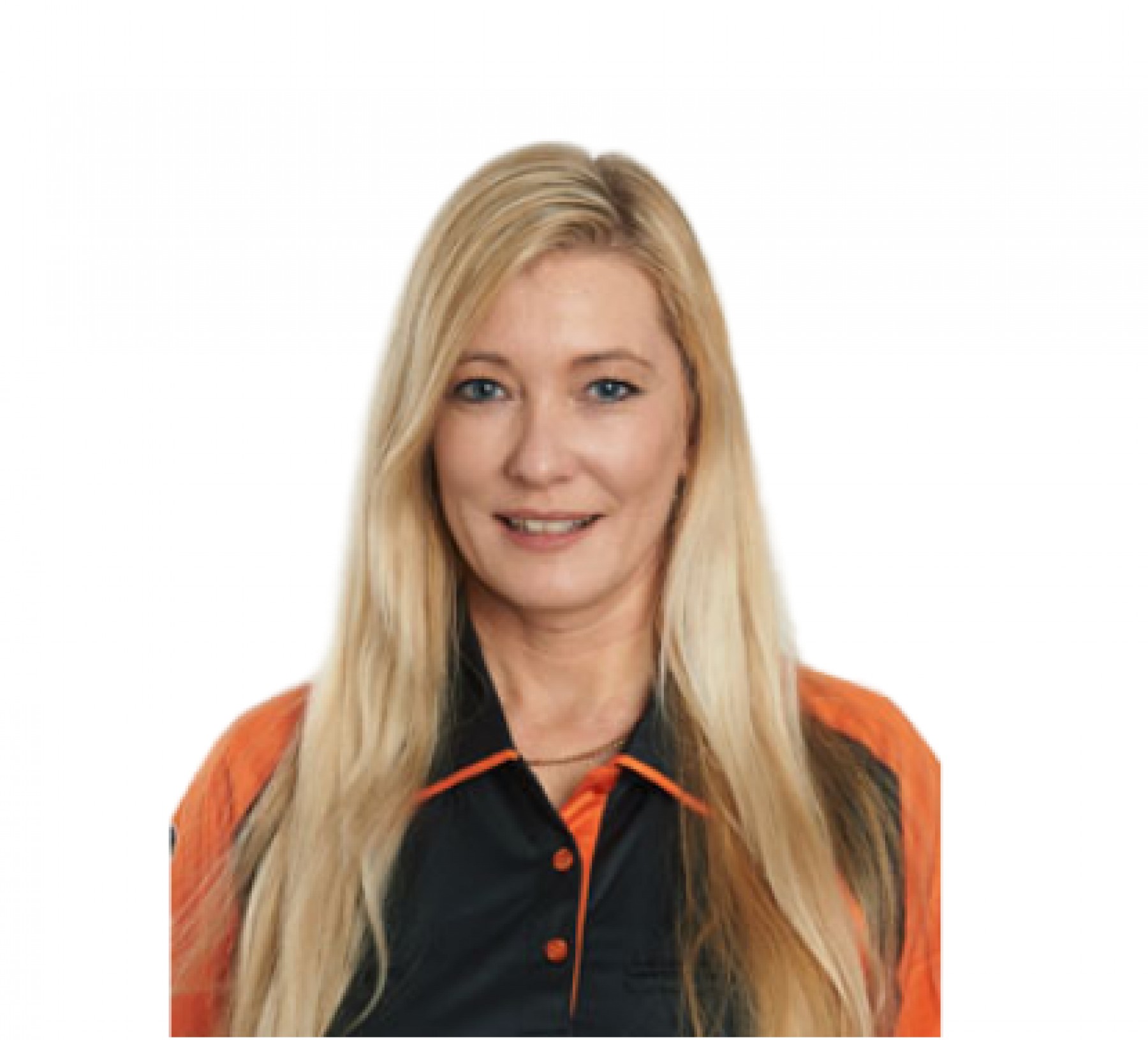Nicky Primrose has worked with Mitre 10 for five years and has been the Health, Safety and Wellbeing Business Partner for the past two years. Health and Safety has a wide scope that has grown even wider in the past few years, as it has moved to also incorporate mental wellbeing.
“Covid-19 sparked a real desire to make sure our people were looked after and with that kind of trauma, we don’t know what everyone is dealing with,” Nicky says.
“Most of us were safe in our jobs but we didn’t know what else was going on in people’s lives – with their partners, their family members - wellbeing really had to take priority.”
Nicky subscribes to the Mental Health Foundation’s Working Well e-newsletter, which is where she first saw the Open Minds e-learning advertised. She signed up and shared it around her workplace, so that individual store managers could also sign up. The e-learning course is dedicated to equipping managers with the confidence and skills to talk about mental health in the workplace.
It was the materials on how and when to have difficult mental health-related conversations that Nicky found the most helpful.
“Just knowing that everyone’s got mental health and no matter where you are on that continuum, everyone’s going to experience something [was helpful].”

